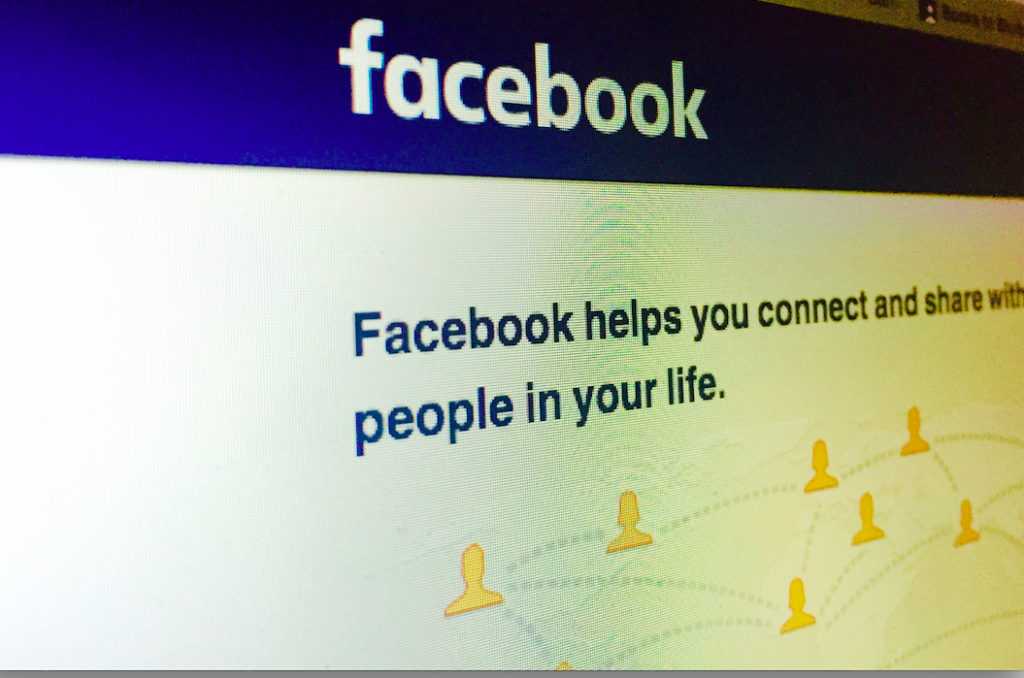I’ve tried for a few days now to come up with the right word for my reaction to this piece, by Sarah Pulliam Bailey, on Rob Bell. So far the best I can do is: strange. So much of Bell’s new life in California comes off as strange, from his casual rejection of church attendance to his remark that Oprah Winfrey, his new professional partner, has taught him “more about Jesus than anyone.” Without intending malice or slander, I have to suggest that Bell is sounding less like a preacher of Christianity (even a liberal one) and more like the newest member of an affluent, West Coast cult.
The author of the article, Bailey, tries to remain objective as a reporter, but even she seems to acknowledge that Bell’s message seems to be radically changing. Take the following for example:
Now, the man who built a church of an estimated 10,000 people isn’t even attending an organized church. Instead, he surfs the waves near Hollywood and has teamed up with the goddess of pop theology, Oprah Winfrey.
Exchanging his evangelical bona fides for the blessing of Oprah may yet prove to be his most unforgivable sin, at least in some circles. Which is not to say that Bell cares very much what anyone says these days.
“I never spent a minute wondering whether I’m in or out.”
Does he still consider himself an evangelical?
“If we mean Jesus’ message of God’s revolutionary love for every person, and we can surrender and give our life to acts to loving kindness, then man, sign me up,” said Bell, 44.
It’s hard to imagine the architects of the Emergent movement approving such a vanilla, say-nothing summary of evangelical faith. You don’t have to believe in Calvinism or substitutionary atonement to think that Christianity might say more than “God loves you and has a wonderful plan for your life.” In fact, Bell seems to put forth a creed that would comport more comfortably with the voices inside the so-called “Prosperity Gospel” wing of Pentecostalism–which, of course, ends up making sense, since that’s exactly the kind of preaching that Oprah Winfrey seems partial to.
The most devastating part of the article, though, is this:
“The Rob Bell Show” will premiere Dec. 21 on the Oprah Winfrey Network, a one-hour show that features Bell and is co-produced by him. He also recently toured the country with Winfrey on a “Life You Want Weekend.”
In many ways, some elements of typical evangelicalism are a good fit for Oprah’s lineup of public confession and personal transformation, said Kathryn Lofton, author of “Oprah: The Gospel of an Icon.” The difference, however, is that The Church of Oprah incorporates as many religious concepts as possible, while evangelicalism commits to exclusivity.
“I think an interesting way to think about Bell and Oprah here is to observe how easily she incorporates him into her pantheon of spiritual advisers. She remains, as ever, the determining corporate deity,” said Lofton, a professor of religious studies at Yale.
“One way of looking at this is less a merger of two equal powers than it is the acquisition by one large corporation of another small business.”
This would not be nearly as embarrassing if Bell were another mainstream evangelical megachurch pastor, peddling non-theology Sunday after Sunday to comfortable, upper-middle class parishioners. He’s not. Bell has profited enormously from the patronage of the Emergent movement, who relished his appeals to fundamentalist exiles and those dissatisfied with evangelicalism’s marriage to American nationalism and comfortable Western lifestyles. Yet Bell seems to have embraced the role of “life-coach” for one of American culture’s most famous institutions of vapidity and materialism. In other words, Bell has now become the very thing he once decried. He has become a prophet of American “moralistic therapeutic deism.”
Remember: This isn’t a hit piece by a conservative Calvinist blog. It’s a reporter who is allowing Bell to speak and others to talk about what he said. For Kathryn Lofton to characterize Bell as simply an addition to Oprah’s “pantheon” is significant.
Even defenses of Bell have sprung up that end up proving how much the game has changed for him. Consider Danielle Shroyer’s piece, “Why Rob Bell Is a Better Evangelical Than Evangelicals.” Listen to the naked opportunism of this paragraph:
If Oprah calls you up and invites you to share your thoughts on your faith, what kind of a moron would you have to be to say no? Would evangelicals really rather someone NOT be talking about God? Is it really that dire? Is Rob Bell so bad, so different from you, that silence is the better option? Because that’s what evangelicals currently have with broader culture: silence. Crickets. The vast majority of America has tuned them out. What kind of special prize do evangelicals think they are getting by not connecting with the very people they say they want to reach?
This should be included in some sort of American religious encyclopedia as the entry for “seeker-sensitive.” The author is insisting that the size of Oprah’s platform justifies anything you might say on there. This is a full-fledged retreat from the values of authenticity and community that Emergent championed for years.
Yet it is clearly the only kind of defense that can be made for Bell’s transformation. His rejection of church and embrace of the hilarious-sounding “quasi-intentional spiritual community” bespeaks a man who probably could not write Velvet Elvis over again. For all its theological flaws, that book was at least the product of a pastor who was tuned into the words and realities that define Christianity. I’m not convinced at all that Bell thinks in those terms anymore.
Those who most benefited from Bell’s Mars Hill ministry are not the people who instinctively turn to Oprah Winfrey and Joel Osteen for spiritual guidance. I feel a measure of sadness for those people; they have to feel a bit betrayed right now. Even if he was wrong in crucial ways, there was a time when Bell had something to say. I don’t think that’s the case right now.












